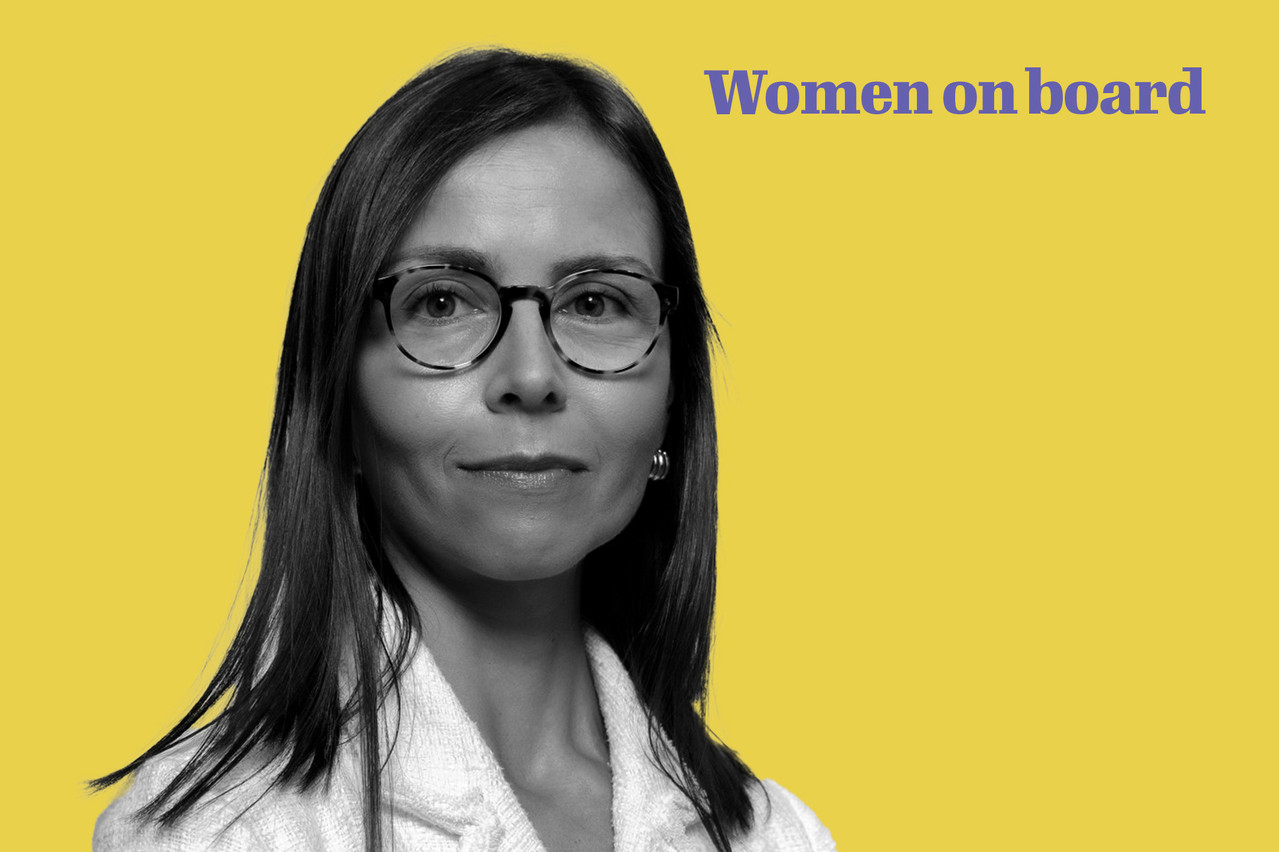Paula Redondo Pereira is head of listing and regulatory affairs at the Luxembourg Stock Exchange. She has been a member of the board of the Federation of European Securities Exchanges since 2022.
Paperjam: What are the main challenges you’ve faced as a female board member?
Paula Redondo Pereira: My experience as a board member has been both rewarding and pleasant, thanks to the respectfulness of my peers. However, being a minority in a male-dominated industry presents challenges. Overcoming implicit biases and demonstrating credibility can be demanding, particularly in environments where stereotypes may be present. Persistence, professionalism and delivering consistent results have been instrumental in addressing these challenges.
How do you handle resistance or scepticism directed at you?
I address scepticism with a focus on facts and professionalism. Building trust through dialogue, asking questions and maintaining curiosity are central. Listening attentively to concerns and preparing myself to address them with concrete answers often transforms resistance into constructive collaboration.
Do you believe gender equality is improving within boards of directors?
Yes, but progress is gradual and varies across sectors, geographies and organisations. Cultural nuances play a significant role. Initiatives in both hard and soft law, coupled with a growing awareness of the benefits of diversity have driven improvements. Yet, systemic and cultural barriers persist, requiring sustained efforts to achieve meaningful change.
What is your opinion on quotas for women on boards?
Quotas can serve as an interim measure to accelerate change, especially in environments resistant to voluntary progress. However, they must be complemented by initiatives that promote meritocracy and foster lasting cultural shifts. Importantly, we need to make sure that tools exist to measure the impact of these quotas periodically to assess their effectiveness and determine the need for further actions.
As a female board member, do you feel a particular responsibility to advocate for gender parity and inclusion?
Representation is powerful, and I see my role as an opportunity to thoughtfully champion diversity and create pathways for women aspiring to leadership roles. It’s also important to champion the women who may not aspire to these leadership roles but want to build an impactful career in their field. Ultimately, diverse representation benefits society as a whole. Advocating for inclusion is both an ethical imperative and a driver of better decision-making and organisational success. I strongly believe that supporting women’s rights aligns with advocating for human rights.
In your view, how does diversity impact a board’s performance?
Diversity, encompassing gender, background, nationality and age, enriches discussions with varied perspectives and helps us go beyond the status quo. This diversity, in general, is able to foster innovation, enhance strategic thinking, and tends to lead to more effective decision-making. Numerous studies confirm that diverse boards outperform in tackling complex challenges and achieving superior financial and strategic outcomes.
What solutions or policies could foster better gender parity?
There is no one-size-fits-all solution, as effective measures depend on an organisation’s culture and ecosystem. Broadly, tailored initiatives such as mentorship programmes, inclusive workplace policies and support for work-life balance are invaluable. Transparent recruitment processes and nurturing talent pipelines are also critical. Above all, fostering open dialogue within organisations to understand their unique needs and sentiments can pave the way for meaningful and sustainable progress.
What advice would you give to a woman hesitating to take this path?
Believe in your abilities and don’t let self-doubt deter you. Build a network of mentors and peers, stay curious, and commit to lifelong learning. Challenges are inevitable, but resilience and preparation will equip you to navigate them. Hard work and curiosity are your most reliable tools for breaking barriers and achieving success.
Do you have an anecdote or a defining moment in your career that illustrates the reality of being a woman in this role?
A defining moment for me has been the recurring realisation that women are still often the minority in leadership settings. This underscores the importance of encouraging women to step forward, voice their perspectives and claim their rightful space. If more women embrace their potential and ambitions, the barriers to inclusion will continue to diminish over time.
What advice would you give to a young woman who wants to make her mark in society? And what would you caution her against?
Dare to articulate your ambitions and seize opportunities that align with your values. Surround yourself with individuals who challenge and inspire you. Embrace curiosity and maintain a relentless work ethic--these are vital to unlocking your potential. Avoid self-imposed limitations and don’t fear failure; it is often your greatest teacher. Remember, the sky is not the limit--your possibilities are endless.
